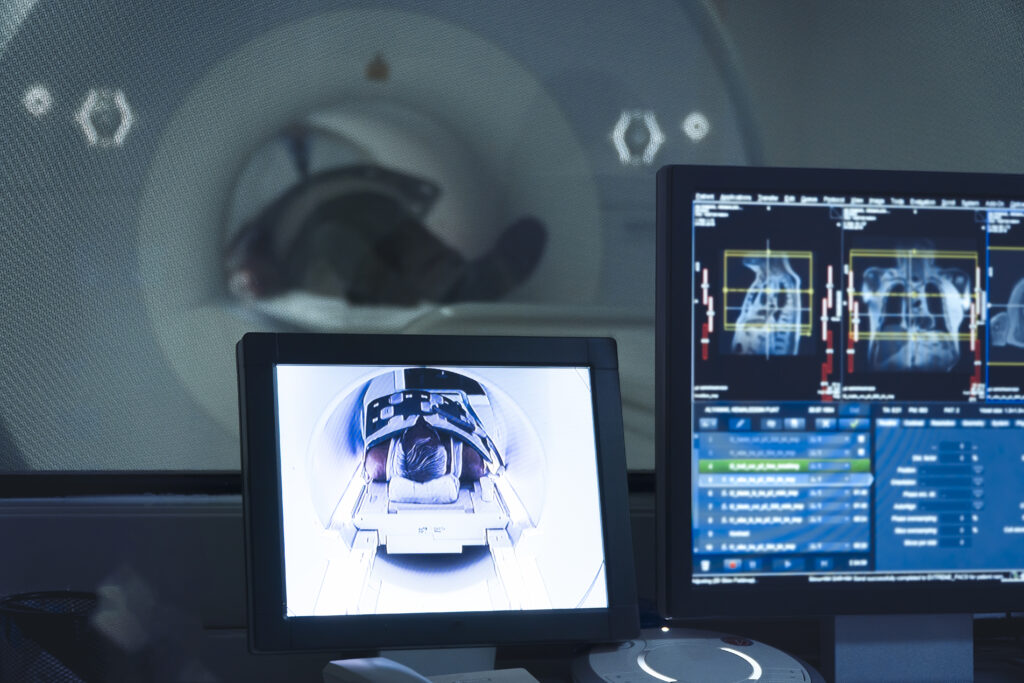About the Project
Automating the Future of Interventional Radiology with Smart Assistive Technologies
The SHERPA Project
The SHERPA project aims to significantly ease the workload of interventional radiologists (IRs) by providing advanced assistive technologies.
Acting as a trusted companion, AI-driven tools support decision-making and handle repetitive, time-consuming tasks. This allows IR specialists to focus more on the intervention itself and their interactions with patients.

Context
The rapid growth in medical imaging data (48% annually) has driven innovation in the medical sector. AI-based assistive technologies have emerged to improve efficiency, but they cannot replace critical clinical decisions or the human connection between patients and healthcare professionals.
The World Health Organization (WHO) predicts a global shortage of 15 million health professionals by 2030, with interventional radiologists (IR) being among the most affected. IR specialists perform minimally invasive, image-guided therapies (IGT), but the demand for these procedures has outpaced the growth of the specialized workforce.
Several factors contribute to the shortage of IR specialists:
- Complexity of IGT procedures requiring extensive training.
- Rapid technological advances making it hard for staff to keep up.
- General healthcare staff shortages and the need for 24/7 acute care.
These challenges lead to prolonged treatments, poor clinical outcomes, and high burnout rates among IR specialists.
SHERPA carries out 7 clinical studies focussing on 2 use cases
Brain Aneurysms
AI-driven detection, risk prediction, and precise treatment planning
Liver Tumours
Robotic-assisted thermal ablation for enhanced accuracy and efficiency
SHERPA's Benefit
To address these current challenges in IR, SHERPA aims to integrate human-centered, intuitive, and personalised assistive technologies into the clinical workflow.
DECIDE
AI-powered solutions support decision-making and patient stratification for image-guided therapy.
TREAT
Automated settings and robotic devices replace manual actions, preserving physician focus and enhancing job satisfaction.

GUIDE
Enhanced planning software and robotic assistance improve precision and reduce intervention difficulty.
CONFIRM
AI software confirms treatment success, preventing re-treatment and supporting personalided follow-up.
Facts and Figures
Project Name
Smart Human-centred Effortless support for Professional clinical Applications (SHERPA)
Coordinator
Philips Image Guided Therapy
Partners
SHERPA includes 16 partners from 7 EU countries
Runtime
SHERPA runs from 1 January 2025 to 31 December 2028 (48 monhs)
Funding
SHERPA's total EU funding is €13.6 million
